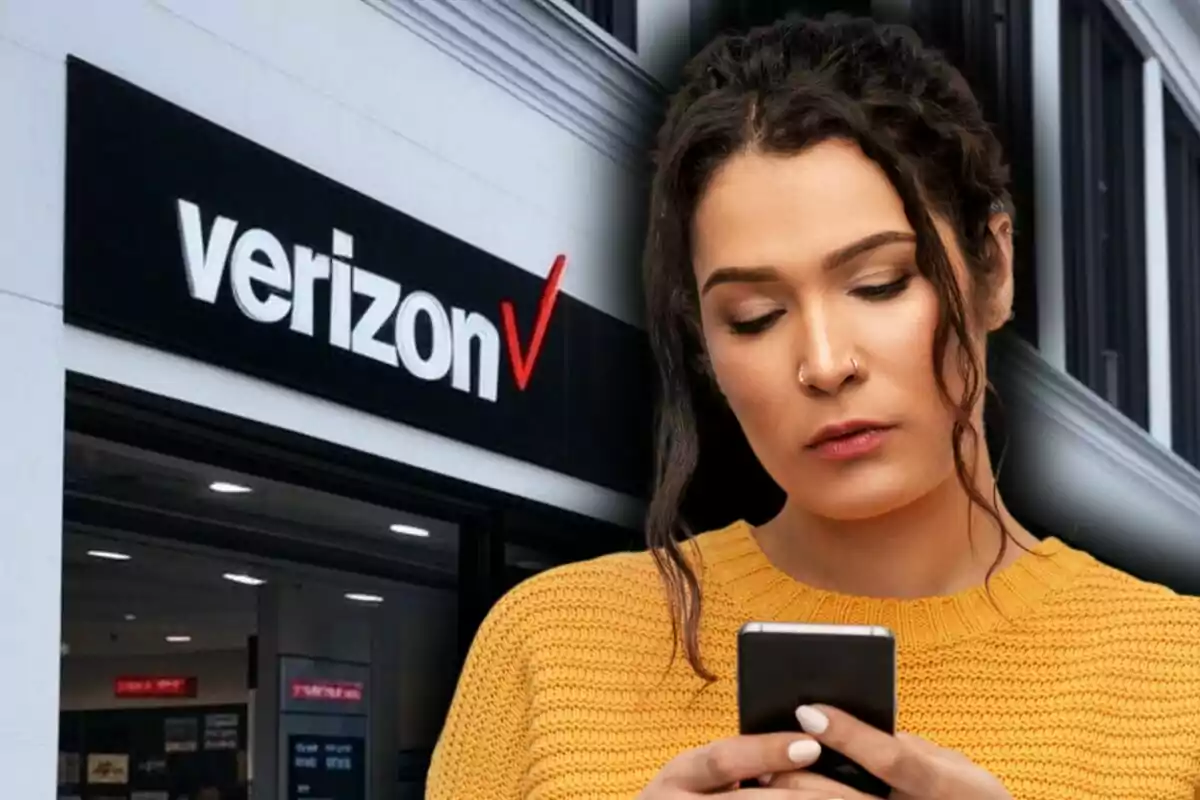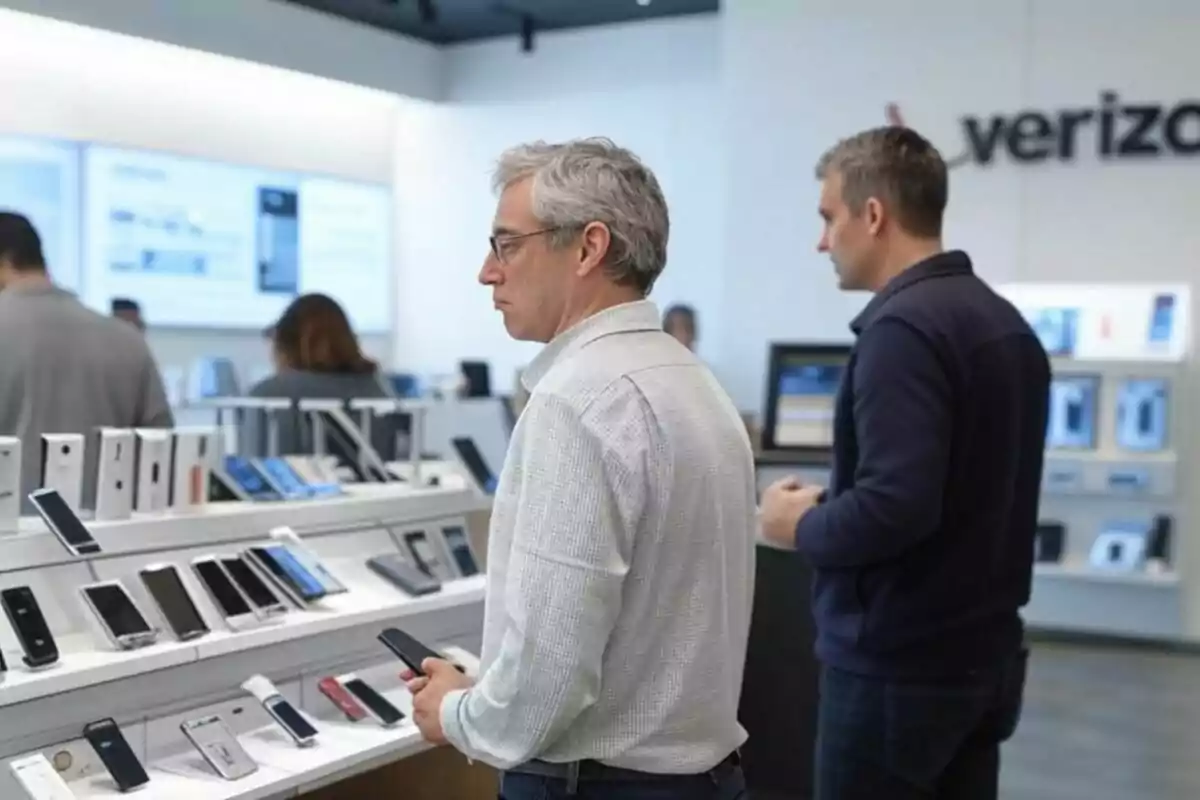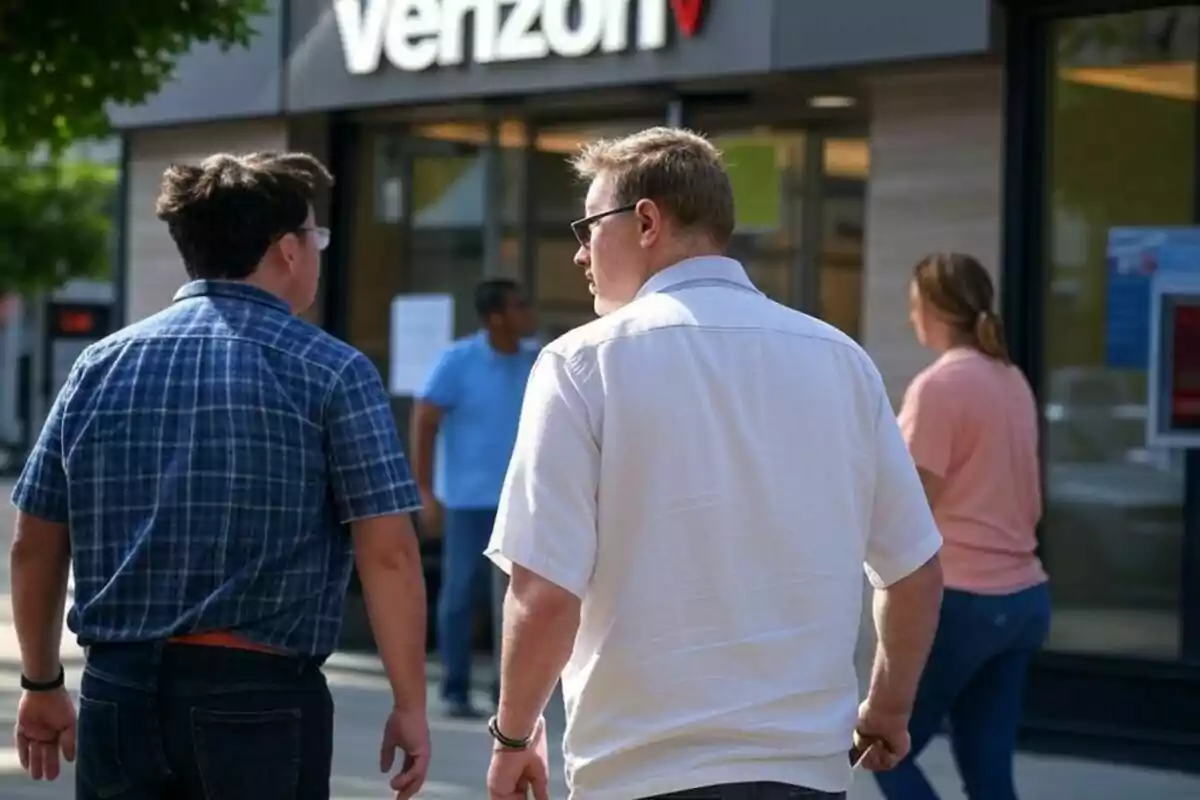
Nothing is what it seems at Verizon: millions of Americans struggle to understand this
Verizon appears very calm even though the latest customer data have not been favorable for them
Verizon is one of the most important companies in the mobile sector in the United States. However, in recent times it has lost ground to competitors that just a few years ago weren't even considered direct rivals. Cable companies like Comcast and Charter have entered the mobile market with force, and they've done so anything but quietly.
Despite this, Verizon shows no signs of concern. On the contrary, it feels comfortable in this new stage of the market. Its executives state that this trend could be changing and that its rivals have already reached their peak growth.
At a recent event, Frank Boulben, Verizon's chief revenue officer, explained that the company is in a favorable position, even when it loses customers. According to his statements, it keeps improving its results against virtual mobile operators powered by cable companies like Comcast and Charter. These operators lease Verizon's network to offer their own mobile services, which puts the company in an advantageous situation.

Verizon Shows Calm
Comcast and Charter reported record numbers of new mobile lines during the first quarter of 2025, with 886,000 new activations. However, Verizon sees signs that this growth stage is slowing down. In fact, although Verizon lost 289,000 postpaid customers in that same period, its executives state that portability rates are improving.
Portability measures how many customers an operator manages to gain from its rivals compared to those it loses. According to Boulben, these figures are starting to work in Verizon's favor. This indicates that cable companies could be starting to lose some of their initial momentum, even if they don't acknowledge it publicly.
In addition, Verizon doesn't just participate in the market as a direct provider. It also earns money when these cable companies gain new users, since they use its infrastructure to offer service. That is, even if Verizon loses a retail customer, it offsets part of that loss with wholesale revenue.

Meanwhile, there are rumors that Verizon is seeking to renegotiate its agreements with Comcast and Charter, although the company hasn't commented on the matter. What is clear is that competition has become more complex, especially with the arrival of fixed wireless access (FWA). This is a service that's directly affecting the traditional cable broadband business.
Meanwhile, Verizon continues to strengthen its relationship with its MVNO partners and keeps an optimistic view of the market. From its point of view, the worst is already over for them. Although many might think they're at a disadvantage, the company is clear that, in this competition, not everything is as it seems.
More posts: